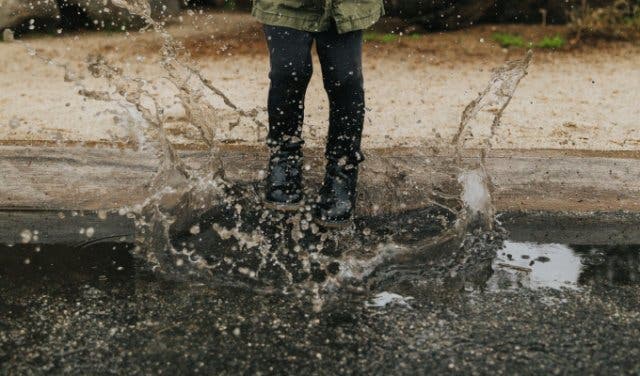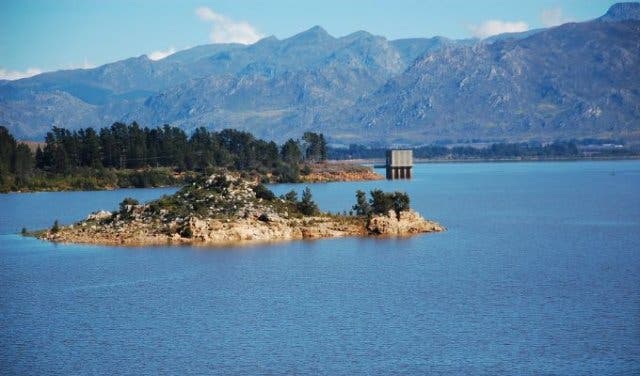WESTERN SAHARA

Singing the Sahara Blues
Driving from Tan Tan, deep in southern Morocco, it’s a long, lonely road along the Atlantic and the vast desert through the Western Sahara.
Few cars drive here, mostly trucks carrying supplies to the frontier cities of Laayoune and Dakhla. Outside of those two cities, the few towns are almost deserted during the day, except for the occasional outdoor market and the smoking grills of fish that get busy after Noon prayer.
One thing is ubiquitous, though – the Moroccan military. Every so often on the 16-hour drive to Dakhla – there is a military checkpoint, with a bored soldier eager for a chat. In Laayoune itself, one could be forgiven for mistaking the city for a quasi-military base, so common are soldiers and their vehicles.
And going off of the few roads in this region is risky – there are mines buried beneath the sand.
Morocco has claimed this territory since the 1950s and has administered it for decades. And in doing so, it has increased its military presence to ensure its claim and fight the Polisario Front, an independence movement backed by neighboring Algeria. It says that the soldiers are necessary to keep the peace because of the Sahrawi who live here, and who want to be free.
This month, Morocco’s claim got a boost: The US recognized it for the first time, in exchange for Moroccan recognition of the state of Israel. Critics believe the move could upend the region, and lead to further instability and violence.
The US decision certainly gave more weight to Morocco’s claim over the former Spanish colony the United Nations classifies as a “non-self-governing territory,” as the BBC explained. The US is the only major world power to recognize Morocco’s claim, a move that runs counter to UN resolutions on the region. The tit-for-tat deal was outgoing President Donald Trump’s “parting gift” to the Mediterranean country, reported the Washington Post. Now, Trump is reportedly pushing a weapons deal with Morocco that could further complicate the situation, the Hill wrote.
Understandably, the Polisario Front condemned the American move, France 24 wrote. It was the latest development in a tense period.
“There is just no feasible way to prevent a full return to war,” the Polisario Front’s envoy to Europe, Oubi Bouchraya Bachir, told Bloomberg. “The cease-fire is over once and for all.”
In November, Front leaders announced they would put aside a 1991 ceasefire after Moroccan troops crossed a UN buffer zone to reopen a road to neighboring Mauritania that is Morocco’s only route to and from sub-Saharan Africa, Al Jazeera reported.
Morocco, meanwhile, has opposed a long-promised referendum for the 500,000 residents of the Western Sahara to determine whether they want to become subjects of Moroccan King Mohammed VI.
Algeria, incidentally, rejected the American recognition of the Western Sahara. The Financial Times warned that disagreements over the region could spark an unwelcome war between Morocco and Algeria.
Writing in Foreign Policy magazine, University of San Francisco politics Professor Stephen Zunes said Morocco has an iron grip on the country and limits civil rights. He noted how even peaceful protests by residents have long been met with hard crackdowns. He added that the only way forward is sticking to international law.
“Nov. 14 marked the tragic – if unsurprising – breakup of a tenuous, 29-year cease-fire in Western Sahara between the occupying Moroccan government and pro-independence fighters,” he said. “The outbreak of violence is concerning not only because it flew in the face of nearly three decades of relative stasis, but also because Western governments’ reflexive response to the resurgent conflict may be to upend – and thereby hamper and delegitimize for perpetuity – more than 75 years of established international legal principles.”
So, for the moment, the Sahrawi will continue to sing mournful songs of liberation and Moroccans, who are offered government support to relocate, will continue to move to the region. These days, they outnumber the Sahrawi, a fact evident in the restaurants, shops and tourist industry developing quickly in the territory’s cities.
It was also evident in the celebrations that broke out in Laayoune after the US officially changed Morocco’s map to include the Western Sahara.












